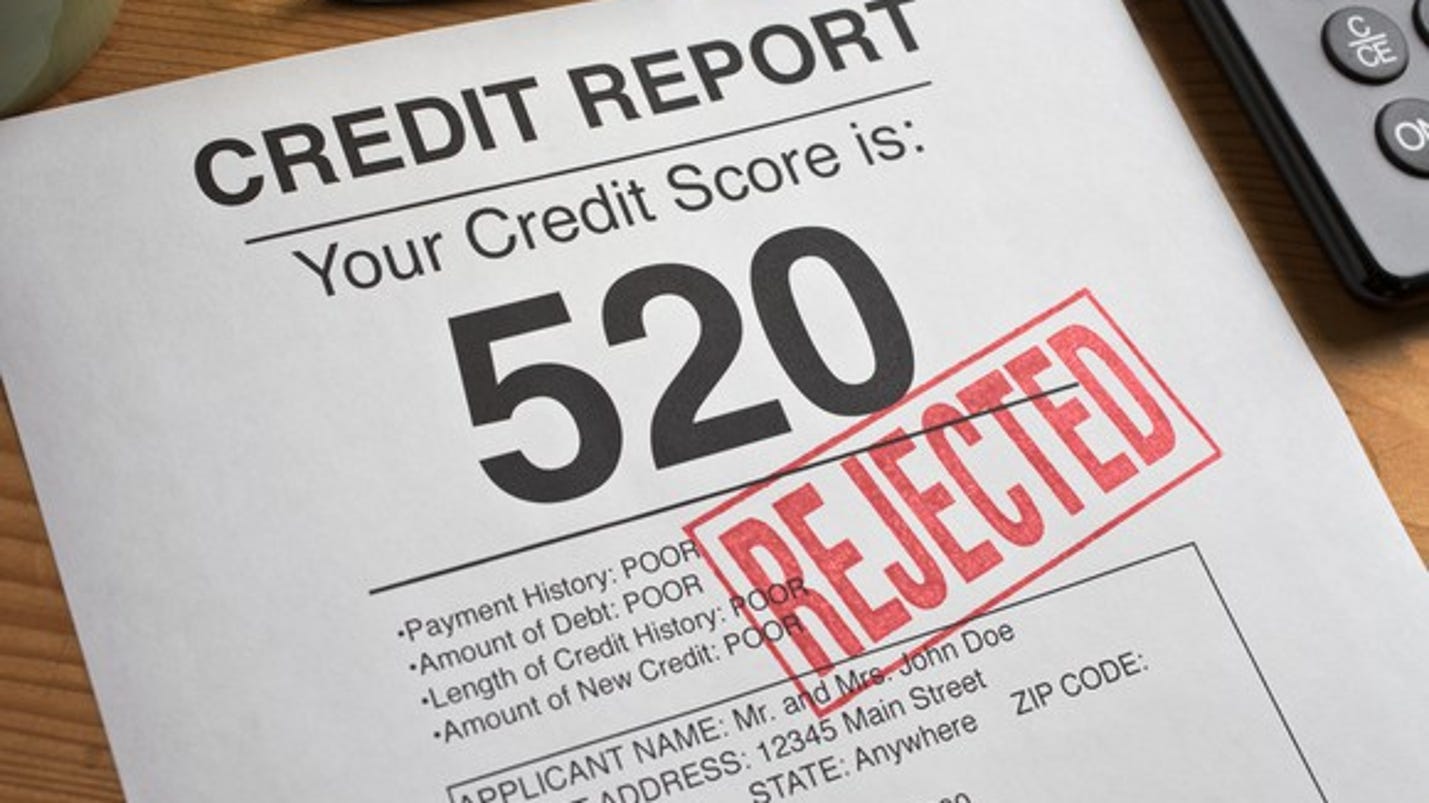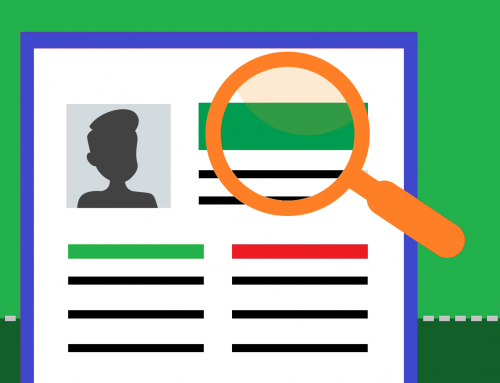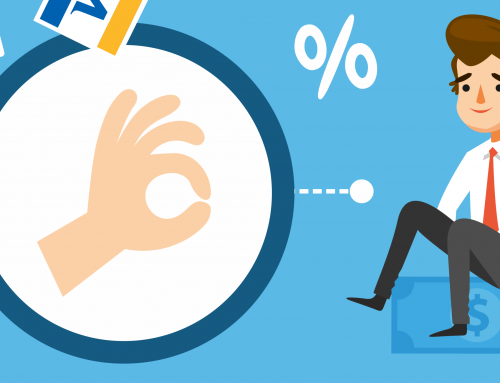Before we talk about bad credit, we should discuss credit scores range. The FICO credit score goes like this.
| FICO Credit Score Categories | Credit Score Range |
|---|---|
| Excellent | 750 and higher |
| Good | 700 – 749 |
| Fair | 650 – 699 |
| Poor | 550 – 649 |
| Bad | 549 and lower |
According to Experian, the Millennials generation have an average credit score of 628. That’s right, they are 50 points below the national average and have fallen into the poor category. The newest laws, expensive housing market, high student debt, and low high paying jobs available are all factors of a lower average credit score. Not to worry, Loan Away, a financial institution in Mississauga, Ontario, can help. We help thousands of Canadian get loans to improve their financial situation. Lately, no credit check loans have become more popular with our younger clients. This article will provide even more assistance with increasing your credit score 2018. We came across a great article by USA Today about increasing your credit score. Even though the article is for American citizens, the same methods should apply the same to Canadians with bad credit.
If you are not paying your loans/bills on time, none of these tips will be useful. Paying your bills and loans constantly on time is the most important factors for keeping or improving your credit score.
Bad credit? You still have tools to whittle down debt
There’s no easy way to get rid of debt. But a bad credit score — typically below 630 — can make it even harder.
In 2012, Cara and Jesse Nuno had more than $270,000 in debt between them and credit scores below 600. The Minnesota couple considered bankruptcy but couldn’t afford the attorney fees, and Cara had a disability that prevented her from working.
The Nunos turned to a credit counselor, who helped them create a budget and negotiate debts with creditors. Then, with income from Jesse’s jobs, the couple paid off their debts in five years. Cara’s score rose above 660, while Jesse’s hit 758, which is considered excellent. They bought a house this spring.
“It was just hard to get started, but once we got started, everything fell into place,” Jesse Nuno says.
If your score doesn’t sparkle enough to get a balance-transfer credit card or consolidation loan — two common ways to pay off debt — you still have options.
Secured or co-signed personal loan
While most credit card issuers require good credit, lenders can be more flexible. They may offer options like pledging your car as collateral or allowing a co-signer, someone with better credit who’s willing to apply for the loan with you.
Pros
►Better chance of qualifying
►Can use a lower-interest-rate loan to pay off high-rate debts, saving money on interest
Cons
►Your car may be repossessed if you fall behind
►If you don’t pay, your co-signer must pay or risk credit score damage
Debt management plans
If debt weighs on your mind, credit counselors can offer budgeting and debt payoff advice, says Elaina Johannessen, program director at LSS Financial Counseling, the Minnesota non-profit credit counseling agency that helped the Nunos.
Counselors also offer debt management plans that involve negotiating with creditors for lower interest rates on your debt. You make a single monthly payment over three to five years to pay it off.
Pros
►You pay less overall, thanks to lower interest
►You have a plan to get out of debt
Cons
►Cannot use credit cards while on the plan
►Not all debts can be negotiated
►Counselors charge a monthly fee
Bankruptcy
It carries a stigma, but bankruptcy lets you wipe the slate clean and can protect assets like your home and car.
Pros
►Most people retain assets in a Chapter 13 bankruptcy
►Credit scores rebound in months
Cons
►Mark stays on your credit report for up to 10 years
►It may be hard to get new credit accounts
►Attorney fees can be expensive
►Does not erase some debts, such as student loans and child support
What to avoid if you have bad credit
Taking a loan against home equity or retirement accounts is drastic and risks your home and future, says Tasha Bishop, director of operations and development at Apprisen, an Ohio non-profit credit counselor.
Some debt settlement companies promise to reduce your debt for a fee, but they could be scams, Bishop says.
If you can wait, make a budget to free up money for debt repayment — whittling down balances will help your score.
thumbnail courtesy of usatoday.com
Just in case you missed the 5 tips, we’ve summarized it below
- Just like we mentioned at the beginning of the article, always pay on time. You could be doing everything else possible correctly to increase your credit score, but if you aren’t paying on time, it’s all for nothing.
- Pay in full if possible. There are many advantages to paying in full. Simplicity in how much you need to pay, increases credit score, and organization.
- Have 3-6 credit cards. The more available credit you have, the better. It lets creditors know you have lots of line of credit and that you are responsible enough to handle them.
- Keep accounts open if possible. The age of each account matters. If canceled my 5-year-old credit card that I used daily, the past 5 years would be erased from my credit history.
- Use only 30% of the available credit you have. If you exceed 30%, you may seem like a risk to creditors.




